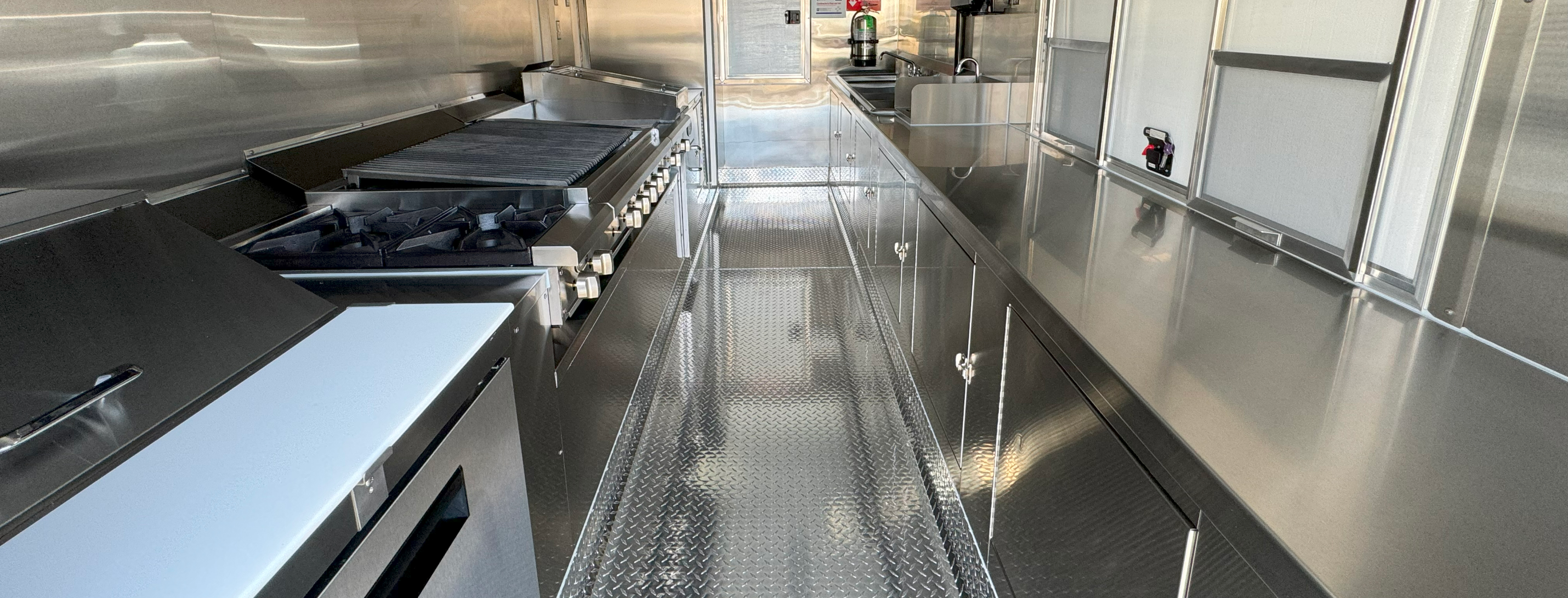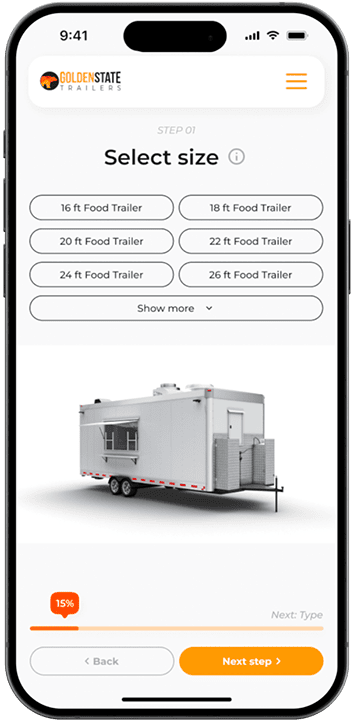The culinary landscape is ever-expanding, and mobile food services like Asian cuisine food trailers are at the forefront of this transformation. Diverse in taste and flexible in operation, these trailers bring a range of Asian street foods directly to consumers. As more entrepreneurs dive into the food trailer business, understanding the essentials becomes crucial for success.
Asian cuisine food trailers offer a unique platform for showcasing a vast array of flavors and cooking techniques from across Asia. They are an excellent entry point for culinary entrepreneurs aiming to introduce popular and traditional dishes to a wider audience. From bustling city streets to festival grounds, these mobile trailers allow vendors to reach customers seeking authentic and innovative dishes.
The diversity of Asian cuisine means that food trailers can cater to a broad spectrum of tastes. Among the most popular offerings are sushi, where freshness and presentation are key; ramen, known for its hearty ingredients and rich broth; and dumplings, which come in countless varieties and can be both savory and sweet. Each of these categories allows for creative expression and can be tailored to local tastes.
For more specific types of food trailers specializing in these offerings, consider visiting ramen food trailers or sushi food trailers.
A successful Asian cuisine food trailer must have the right design and equipment. The layout should be functional to allow efficient cooking and serving. Essential equipment includes high-powered burners, refrigeration for fresh ingredients, and adequate storage for dry goods. Proper ventilation systems are also crucial to handle the intense cooking that many Asian dishes require. Customize your trailer design by exploring options at Asian cuisine food trailers.
NSF International is a public health and safety organization that certifies products and companies in more than 170 countries. Ensuring that your food trailer is NSF compliant is crucial as it indicates the trailer meets health department standards. This not only enhances food safety but also builds customer confidence, which can lead to repeat business. Compliance may involve materials used, cleanliness, and operational protocols.
Investing in a food trailer comes with significant costs, making financing an appealing option for many entrepreneurs. Financing solutions can include traditional bank loans, equipment leasing, or merchant cash advances. Developing a sound business plan can significantly enhance your chances of securing favorable financing terms. Learn more about financing details here.
Many entrepreneurs have found success in the food trailer industry by tapping into the popularity of Asian foods. Stories of triumph often feature a combination of unique menu offerings, strategic locations, and strong branding. Some have grown from a single trailer into multiple units or even brick-and-mortar establishments. These stories provide valuable lessons for new entrants about market demands and operational efficiency.
Popular types include sushi, ramen, dumplings, and other street foods like bao buns and teriyaki.
Ensure all equipment is NSF certified and adhere to health department guidelines, including cleanliness and hygiene practices.
Critical equipment includes high-powered burners, refrigeration units, storage compartments, and proper ventilation systems.
Yes, maintaining ingredient freshness and ensuring proper ventilation for high-temperature cooking are key considerations.
Options encompass bank loans, equipment leasing, and merchant cash advances, dependent on the entrepreneur’s financial profile.
 Team Building Success at Golden State Trailers: A Redfin Adventure
At Golden State Trailers, we believe in the power of community and adventure, which is why we’re excited to announce our recent feature in Redfin’s latest article! Sacramento, CA, a city rich in history and culture, offers the perfect backdrop for new adventures, team building, and success. Whether it’s exploring the picturesque Old Sacramento Waterfront […]
Team Building Success at Golden State Trailers: A Redfin Adventure
At Golden State Trailers, we believe in the power of community and adventure, which is why we’re excited to announce our recent feature in Redfin’s latest article! Sacramento, CA, a city rich in history and culture, offers the perfect backdrop for new adventures, team building, and success. Whether it’s exploring the picturesque Old Sacramento Waterfront […]
